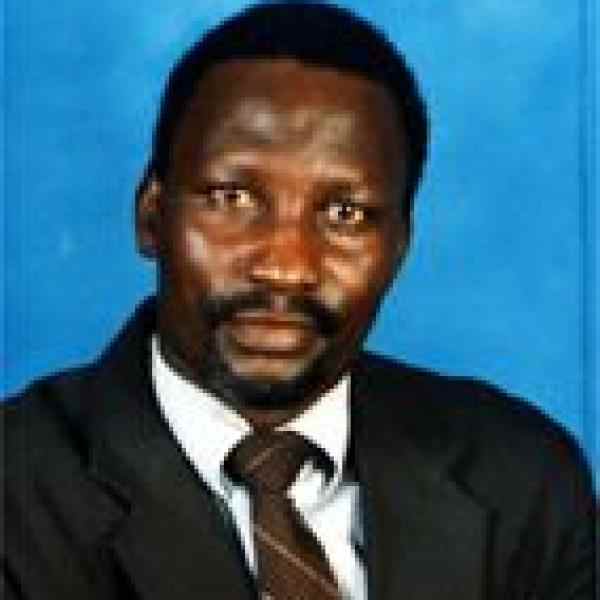Introduction
Mashood Erubami is a forty-year old Nigerian Muslim who is leading a movement aimed at educating Nigerians in citizenship and, in particular, non-violent solutions to social problems.
The New Idea
Mashood Erubami understands that Nigeria's deeply authoritarian political culture plays itself out everywhere, even in family relationships. The transition to democracy, then, is going to take more than the military abiding by the results of an occasional election. He believes that without the foundations of a civil society in place there can be no democracy.Mashood is focusing his efforts on groups that have a radiating impact on the society as a whole. He is training these groups in civility, and bringing that civility not only to their professional lives, but also to their relationships with their families and acquaintances.
The Problem
Authoritarian culture permeates every aspect of Nigerian life and violence dominates conflict resolution and the contest for power at every level. Since independence in 1960, Nigeria has experienced civil war, military government and unsuccessful attempts at forging a democratic society. Leaders of democratic movements have been assassinated, detained and subjected to continuing harassment. In 1993 a demonstration by half-naked women (in Nigeria a symbol of the highest political disrespect) was met by the government with gunfire that left many women dead.In an effort to better coordinate their work, a broad range of labor unions, human rights groups and others joined forces to establish the Campaign for Democracy in 1991. One of the newest groups that joined this broader coalition was the Social Justice Movement, that brought together under one umbrella the state and national leaders of the Road Transport Workers Union, the National Association of Automobile Technicians, an organization of women, and an association of farmers in Oyo State.
The Strategy
As Vice President of the Social Justice Movement, Mashood realized that if he was going to harness the energies of the Campaign's member organizations effectively, he would have to undertake education of its members in human rights. Mashood drew up a detailed blueprint for doing this and won Board approval for his plan. His first step was to establish the Center for Human Rights in 1992 in the city of Ibadan in Oyo State. Using Center volunteers he began working with the Road Transport Workers' Union. There are twenty-four branches of the union in Oyo State where, in the past, many succession issues had been resolved by the assassination of the local branch chief. Mashood won the support of the existing branch chiefs for the broad training of their members in democratic principles and processes.Each branch agreed to send one ordinary member and one executive member for training at Mashood's Center. The four-week training session covered democratic principles, election processes and the inherent rights of individuals to participate in them. The members were also trained to train the members of their respective organizations when they returned.The results were striking. Seventeen of the branch chiefs had been murdered since 1990. Since the training there have been elections in all branches and in only one case was there a succession-related murder.Building on this success, Mashood has begun training sessions in other organizations affiliated with the Campaign for Democracy, including the farmers, students, teachers and women. To coordinate continuing work in these organizations, Mashood trained twenty-five program coordinators to act as resource people to the branches of these organizations at the local level. Initial training is always followed up by a second round of training provided by volunteers who have themselves been trained by Mashood's Center.Using the organizations that have come together in the Campaign for Democracy, Mashood intends to replicate his citizenship training in six states over the next three years.
The Person
Mashood was born into a poor, polygamous family who could only afford to educate three of their nine children. Mashood was one of the three. He completed primary and secondary school and was apprenticed to the building trade. He left to take a job at Barclay's Bank in 1976. He was rapidly promoted to supervisor and loan officer. While at the bank, he became involved in union activities. He rose rapidly through the union hierarchy, becoming chairman of the state branch and member of the national negotiating team for the bank worker's union in 1990. When Mashood became involved in the Campaign for Democracy in 1991 he resigned from his bank job and union duties. He set up a computer company with two friends. The company works primarily with nonprofit organizations and will not accept work from any agency of the Nigerian government.
